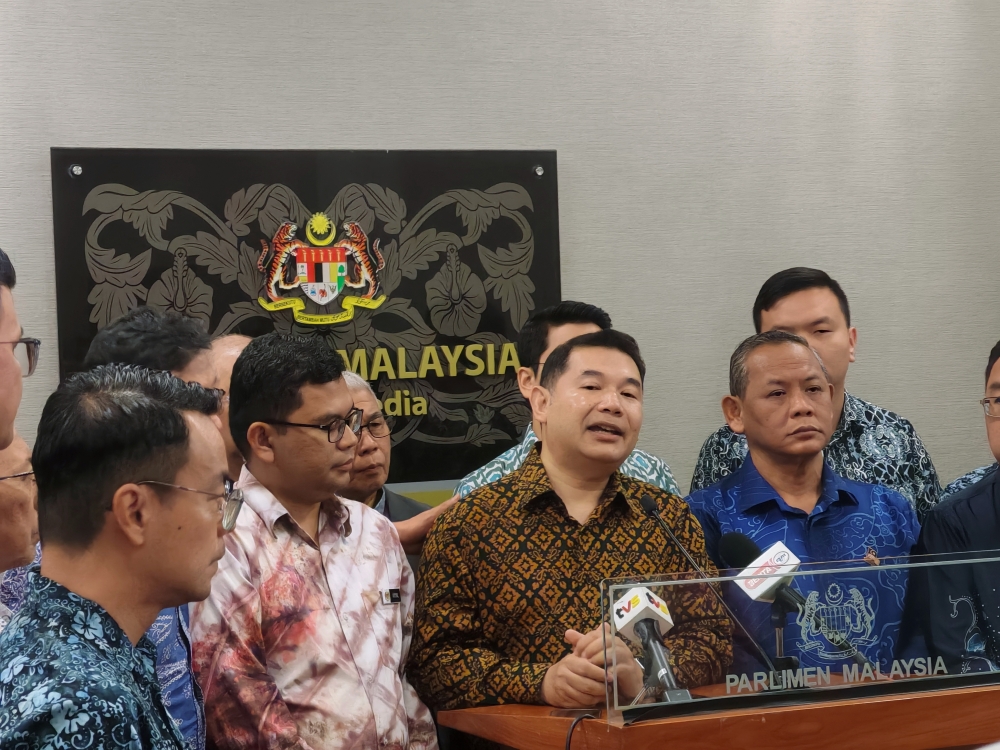KUALA LUMPUR, Jan 14 — Malaysia has only managed to achieve a rate of 12.9 per cent in terms of cervical screening, said Deputy Prime Minister Datuk Seri Dr Wan Azizah Wan Ismail.
She said the rate fell far below the World Health Organisation’s (WHO) target of 70 per cent, hence the challenge to get women to come forward to be screened.
“The lifetime risk of a Malaysian woman to develop cervical cancer is 1 in 116. Only 24 per cent of Malaysian women were diagnosed at the early stage (Stage 1), while 76 per cent were diagnosed at later stages (Stage 2, 3 & 4).
“Early prevention is the answer to stopping this disease in its tracks,” she said when launching the ‘Removing Obstacles to Cervical Screening (ROSE)’ Programme here, today.
According to Dr Wan Azizah, cervical cancer is the third most common cancer (7.7 per cent) among women in Malaysia, after breast cancer (32.1 per cent) and colorectal cancer (10.7 per cent).
She said the screening of cervical cancer through the HPV (Human Papilloma Virus) DNA test conducted under the National Population and Family Development Board (LPPKN) would benefit 14,000 women from the low income (B40) households this year.
Dr Wan Azizah, who is also women, family and community development minister, said the HPV DNA test is recommended for women over 30 years old as it can detect the presence of high-risk HPV DNA.
“The test uses a small brush or spatula to collect a sample of cells from the surface of the cervix. The test is not painful since the cells are taken only from the surface,” she added.
She said women who fall under the criteria should register for the programme at the 49 LPPKN clinics nationwide.
On the ROSE programme, the deputy prime minister said it embodies safety, privacy and dignity through self-sampling, encouraging more women to willingly participate in the screening in a timely manner.
Dr Wan Azizah said the online registry enables tracking of the progress of every woman screened, including details about each screening episode and the healthcare facility.
“This provides a much-welcomed safety net to ensure women are screened at recommended intervals and perform their follow-ups accordingly, thus enhancing each woman’s personal journey of maintaining good cervical health,” she said.
ROSE integrates self-sampling, HPV testing and e-health technology to enhance every woman’s personal journey of maintaining good cervical health.
It is an innovation by the University of Malaya (UM) and VCS Foundation of Australia to establish a not-for-profit joint venture that combines both expertise for the implementation of ROSE as a cervical screening program in Malaysia.
Also present at the event were Health Minister Datuk Seri Dzulkefly Ahmad and Women, Family and Community Development Deputy Minister Hannah Yeoh. — Bernama



















